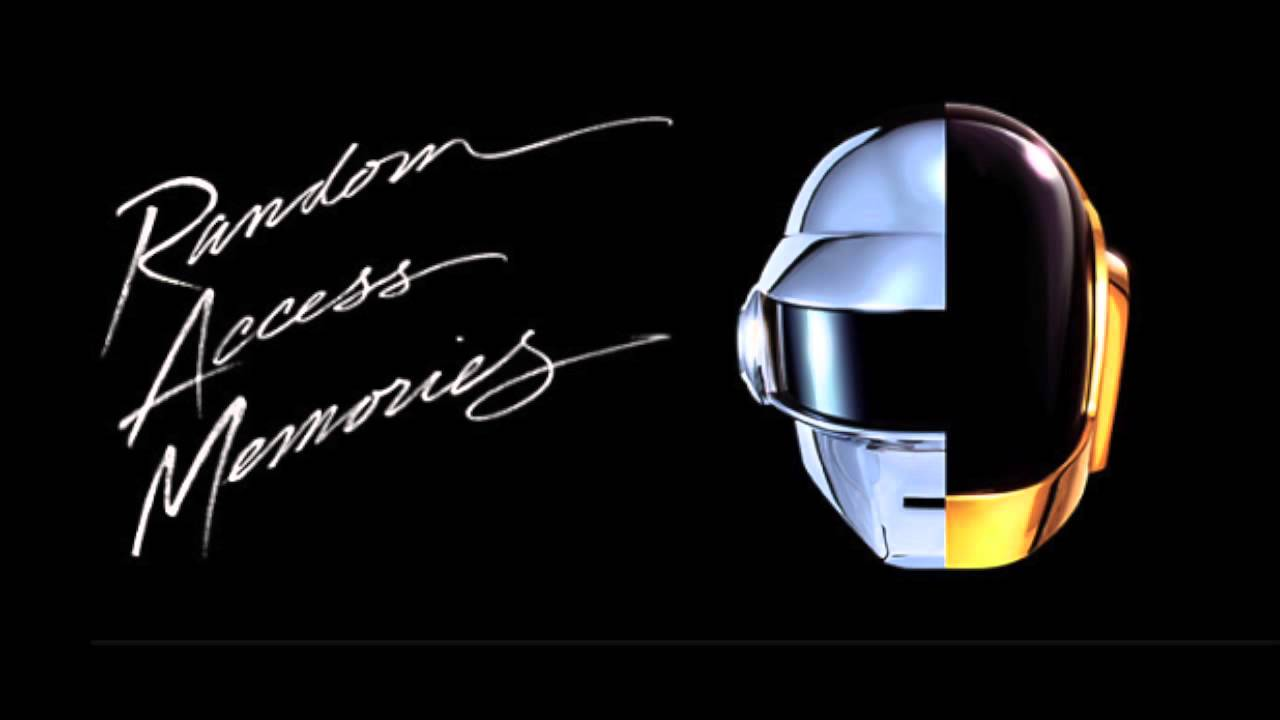Album Anniversaries: TRON’s Legacy, 10 Years Later
Released 10 years ago, “TRON: Legacy” is a sci-fi flick that didn’t quite measure up to its hype. But imperfectly de-aged Jeff Bridges and simplistic plot aside, “TRON: Legacy” has had a lasting impact through its classic score from electronic legend Daft Punk and the profound effect it had on the French house duo’s career.
In Album Anniversaries, writers honor their favorite aging albums and their subsequent legacies, revealing which projects have stood the test of time.
Written by Adithya Srinivas
Image courtesy of Walt Disney Pictures
As a movie, “TRON: Legacy” is, well … fine. It sits at a meager 50% Tomatometer score, with many critics dismissing it as little more than sci-fi IMAX eye candy. Even the film’s most ardent fans would concede that its character building and plot leave quite a bit on the table. However, the beautifully creative neon-noir aesthetic, unique action scenes, and expansive lore have turned this seemingly mediocre movie into a surprising cult classic. But perhaps the biggest reason why “TRON: Legacy” endures today has little to do with anything on screen: the credit for that lies with its now classic film score, composed by French electronic legends Daft Punk.
When it was announced that Daft Punk members Thomas Bangalter and Guy-Manuel de Homem-Christo were scoring “TRON: Legacy,” the public’s response seemed to be equal parts excitement and healthy skepticism. The group was undoubtedly one of the most iconic electronic music acts of the 2000s. Their fame stemmed from the massive successes of their albums Homework and Discovery, and taking the helm of a sci-fi movie’s score seemed to be a perfect fit. However, the duo was also coming off their least impressive studio effort (the acquired-taste jams of Human After All) and had no prior experience in film scoring, so the doubt surrounding whether they could pull it off was understandable.
Image courtesy of Walt Disney Pictures
But the powerful and domineering album opener “Overture” erased those doubts. The soaring strings and commanding brass create the now classic and infectious main theme of the “TRON: Legacy” soundtrack with immense energy. “The Grid” follows with a short expositional verse from Jeff Bridges’s character, Kevin Flynn, before exploding into the main theme’s melody, this time with an expansive, heavily synthesized piano over distant and echoing percussion. The contrast between these tracks’ instrumentation within their identical compositions helped create contrasting themes as well; the orchestral evokes an epic adventure while the electronic conveys the scale and aesthetic of the world “TRON: Legacy” built. Before the film’s release, it was a mystery whether or not Daft Punk would attempt a typical orchestral score or stick to the comfort of their electronic and dance wheelhouse, but “Overture” and “The Grid” demonstrated exactly what makes this film score so unique: they were going to do both.
This approach proved most impressive in tracks like “Rinzler,” where the symphonic and electronic elements meld together, layering over each other and moving in lockstep. The synth bass complements the strings and brass to fill in spaces of the mix that the other can’t reach, all while ebbing and flowing to give each the lead at different points in the track before crescendoing in unison to end. Another standout, “Solar Sailor,” executes this partnership especially beautifully, as strings and flutes complement the plucky and shimmering electronic leads over deep and calming basslines. Bangalter and Homem-Christo also give each facet of the score’s aesthetic time to shine. As an ominous and threatening theme to the film’s antagonist, “C.L.U” gives the orchestra the space to lead the whole way through, while the heavily distorted electronic percussion plays a supporting role to convey a sense of power. “The Game Has Changed” operates conversely, using mainly electronic components while strings give the track a base structure for the beat to build on. There are also wholly orchestral compositions like the spacy interlude “Arrival” and classic Daft Punk synthetic body-movers like the visceral “Derezzed,” which is the backing track to the duo’s cameo in the movie.
Image courtesy of Walt Disney Pictures
Ending with a cathartic and introspective “Finale,” Bangalter and Homem-Christo put a bow on one of modern music’s most iconic and recognizable film scores. This is especially impressive when considered as the duo’s debut to the genre. It’s very rare that a score completely outshines and outclasses the underlying movie to this extent, but Daft Punk managed to accomplish just that. There’s a case to be made that their score is the only reason “TRON: Legacy” remains at all relevant to this day.
Even further, “TRON: Legacy” was released at a pivotal point in Daft Punk’s career. With the lackluster fan response to Human After All, it seemed that the duo’s fame could have started fading, as many artists do as they struggle to replicate the success of their first few albums. However, a complete and total stylistic shift from not only Human After All, but the entirety of Daft Punk’s discography led to the release of what many consider to be the group’s magnum opus: 2013’s Random Access Memories. While looking at the duo’s studio discography in a vacuum, the sample-free, sonically organic record is completely out of left field, with little connection to the band’s past. “TRON: Legacy” is the bridge in that stylistic gap, giving Bangalter and Homem-Christo the experience of working with live instruments and creating music in large collaborations with the best musicians Disney could find.
That collective spirit is quite noticeable in Random Access Memories, as for the first time, a Daft Punk album had brought on featured artists outside of samples, including Pharell Williams, Giorgio Moroder, Julian Casablancas, and Nile Rodgers, among others. The sonic elements of “TRON: Legacy” are very different to those of Random Access Memories, but that’s not where the influence lies — it’s the ethos of an organic, collaborative effort that changed the way Homem-Christo and Bangalter made music. While it’s certainly a stretch to say that “TRON: Legacy” saved Daft Punk’s career and that the score inspired Random Access Memories, it’s clear that the album represents an important crossroads for them.
Image courtesy of Columbia Records
It’s apt that the film is named “TRON: Legacy,” if only because it holds a large legacy in many regards. It is a cult classic as a film, a modern masterpiece as a score, and an important milestone within a legendary discography, all wrapped into a single package. So is the legacy of “TRON” its score? Or its place in Daft Punk’s career as inspiration for Random Access Memories? One could argue any combination of those, but there is one certainty: a decade later, “TRON”’s legacy is secured for decades to come.




